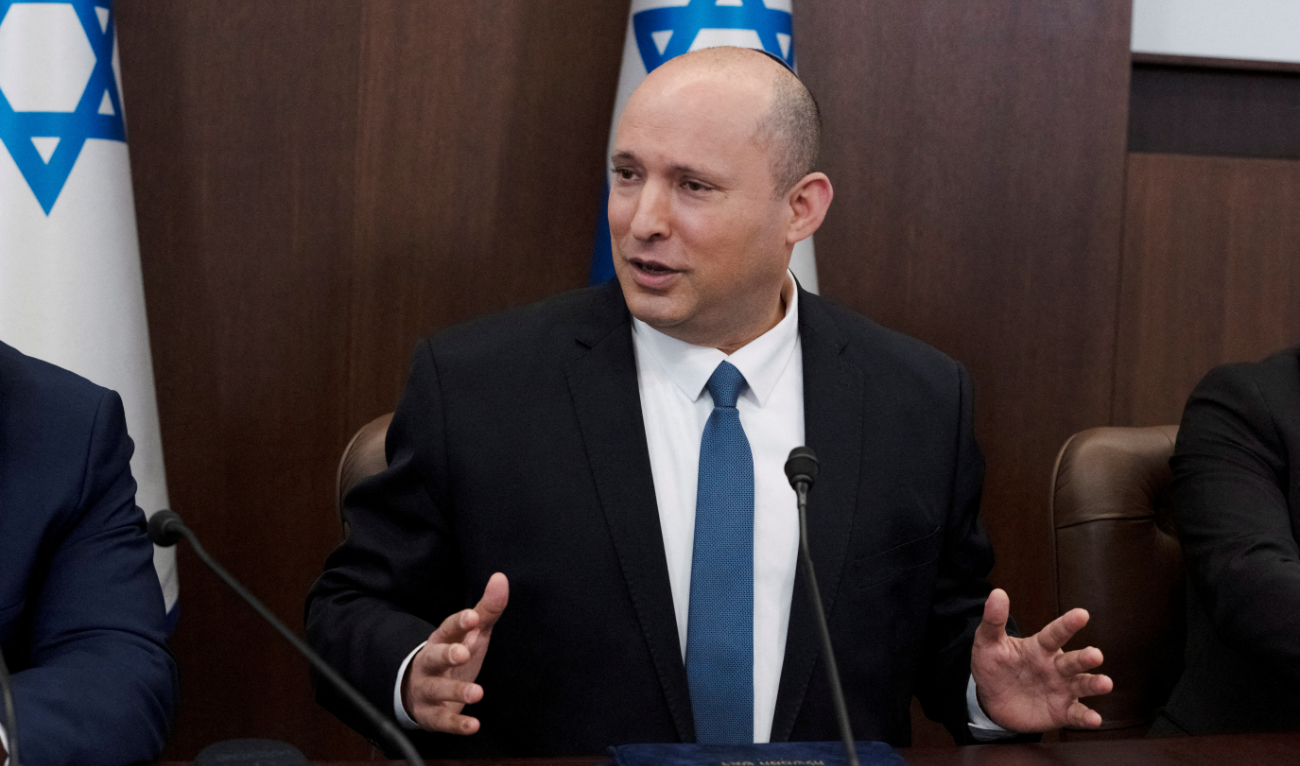Beirut: A few hours before the arrival of the American mediator Amos Hohstein in the indirect talks on the demarcation of the sea border between Lebanon and Israel, President Michel Aun assured the United Nations Special Coordinator in Lebanon, Joanna and Ronica, that the “Lebanese side” would inform. Hohstein spoke with one voice on the proposals to resume these talks, which preserves Lebanese rights.
Negotiations between the two neighbors came to a halt after Israel rejected Lebanon’s proposal to accept Line 29 as a negotiating line, and after Lebanese rejected Israel’s first line and the Hof line.
The chronicle expressed the United Nations’ readiness to contribute to the resumption of talks, praising “the wisdom of President Aun and his role in this crucial period in Lebanon’s history.”
The president told the delegation: “(Israel) is acting in violation of international law and resolutions, using the international community’s silence on violations of UN Security Council resolutions.”
Aries denied any link between the demarcation talks and the issue of renting gas and electricity from Egypt and Jordan or talks with the International Monetary Fund.
The president added that “drilling in Unit 1 was stopped for unconvincing reasons by the drilling company”, noting that “he is under international pressure to prevent further drilling”.
He said he would lead the talks and “once an agreement is reached, it must be approved by the Council of Ministers and submitted to the House of Representatives, which did not take place in line 29”.
News in Lebanon suggests that Hohstein had already sent a proposal to the Lebanese government last March to demarcate the sea border on the basis of a 23rd zigzag line to give Lebanon the entire territory of Qana.
The delegation, which addressed Mr Aries, had requested that he amend Decree no. 6433, which adopted line 23 as a basis for opening negotiations with Israel on the demarcation of maritime borders and sending them to international agencies in accordance with the provisions of. Installation of line 29 as a border with Israel, giving Lebanon an additional 1,430 square kilometers, according to a study by the Lebanese army.
Lebanon invited Hohstein to Beirut in connection with the arrival of the Energean liquefied natural gas plant in the Karis area in the disputed coastal zone between Lebanon and Israel.
Lebanon wants to “continue indirect talks between Lebanon and Israel with a view to demarcating the maritime borders as soon as possible, in order to prevent any escalation that could jeopardize stability in the region”.
Today, Monday, General Joseph Aries, meeting with General Staff officers, confirmed that “the army’s mission to demarcate the sea ended with the end of its technical mission,” adding that he was “behind political authority in any situation. decision. Whatever is needed. ”
On Sunday, IDF chief Aviv Kohavi threatened to set up a “border zone of fire on border villages in southern Lebanon and wreak havoc on the whole country if war broke out”.
The announcement was made against Hezbollah’s tough stance in recent days, with fears that Israel could start drilling in the disputed Karish field.
In connection with the arrival of a US mediator in Lebanon, UNIFIL spokesman Andrea Tenenti confirmed that a group of villagers had intercepted a UNIFIL patrol on Sunday.
“Our patrols always carry out their duties without objection or threat, except in rare cases, and this is not the first time our forces have been attacked,” Tenenti said.
The interception, which is the fourth for UNIFIL units this year, was aimed at Spanish patrols carrying out normal operations in its deployment area in the eastern sector, south of the Litani River.
–


:quality(80)/cdn-kiosk-api.telegraaf.nl/022abfc8-eb44-11ec-8daa-02d2fb1aa1d7.jpg)